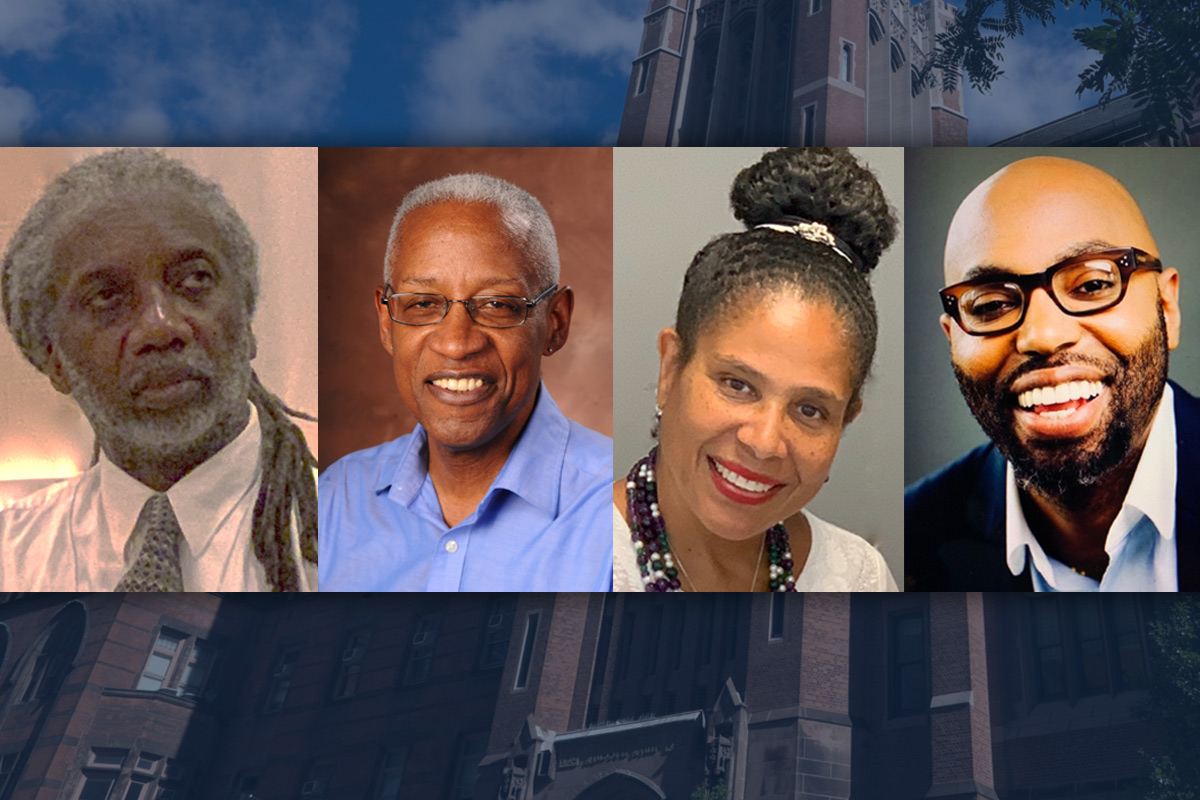On December 9th, Teachers College will host “Repercussions of 400 Years (1619 — 2019) of Oppression and Violence: a Contemporary Approach to Violence Prevention with Urban Youth.” The conference, hosted by TC’s Center for Health Equity & Urban Science Education (CHEUSE), is billed as an “acknowledgement event” of 1619 – the year Africans were first kidnapped and brought to the new world as slaves — and its 400-year aftermath.
The “Repercussions” conference will be held from 2-5 p.m. in TC’s Milbank Chapel.
2019 represents a unique moment in U.S. history to reflect on the lessons of the past and to commit to envisioning the next period in the nation’s evolution free of the inequality burdens forged in past years.
—Robert Fullilove
Speakers at the event will include:
- Arthur L. Whaley, former Professor of Psychology at the University of Texas and currently a research and evaluation consultant, who will deliver a keynote address about his research, titled “Africentric Violence Prevention for Urban Black Youth: A 20-year academic-community partnership.” Whaley is the developer of a comprehensive model that explains the elevated risk for violence among African American youth. The model, which has three major components — the individual self, the cultural self, and social roles — posits that maladaptative behaviors such as violence can result from the adoption of social roles that undermine integration of these components of the self
- Robert E. Fullilove, Associate Dean for Community & Minority Affairs and Professor of Clinical Sociomedical Sciences at Columbia University’s Mailman School of Public Health. Fullilove, who is also an adjunct Teachers College faculty member, will speak on “400 Years of Inequality Since Jamestown of 1619: Toward a Public Health Agenda to Rectify Health and Social Inequities.” In a piece he co-authored in January in the American Journal of Public Health, Fullilove argues that “2019 represents a unique moment in U.S. history to reflect on the lessons of the past and to commit to envisioning the next period in the nation’s evolution free of the inequality burdens forged in past years.” He and his coauthors call for “envisioning 1619 to 2019 as 400 years of inequality, not simply the consequences of slavery for African Americans,” and argue that “promoting a public health agenda that begins with a national, public acknowledgment of 400 years of inequality in October 2019 is an essential first step.”
- Barbara C. Wallace, Professor of Health Education and Director of CHEUSE, who will speak on “The U.S. Culture of Violence and Racial Cultural Skill Acquisition for Coping with the Stress of Racism.”
- Christopher Emdin, Associate Professor of Science Education and Co-Director of CHEUSE, who will speak on “Empowered Urban Youth Culture, the Genius of Contemporary Youth, and the Challenges We Face.”
